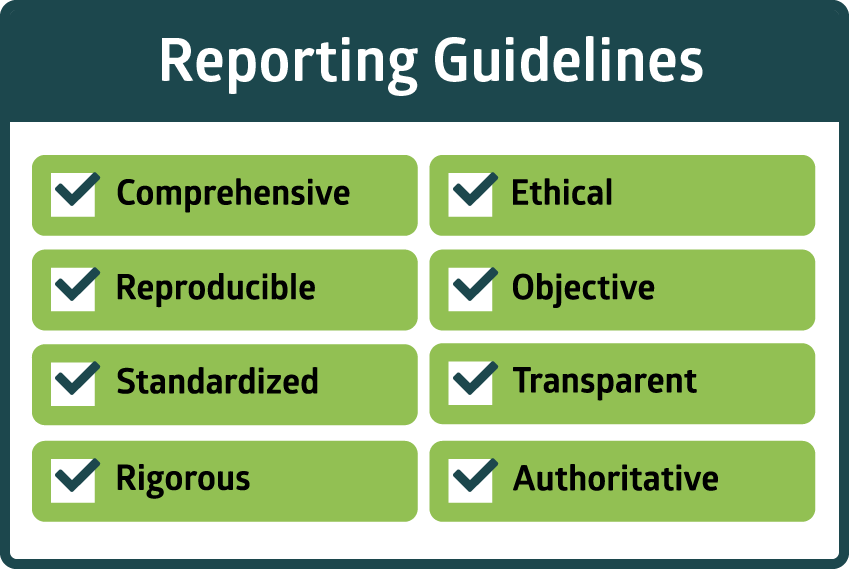Choosing the right guidelines depends on the study type and discipline. There are a wide range of reporting guidelines across different fields of research, and each one is tailored to specific types of studies and ensures that crucial information is consistently reported.
For research in medicine, healthcare, and related fields, the EQUATOR Network is a key resource for guidelines. Reporting guidelines are arranged according to the target study type, such as clinical trials, qualitative research, or case reports. The Equator Wizard is a helpful tool that researchers can use to find the right guideline based on their study's design and field. This tool simplifies the process of navigating through the many available reporting guidelines.
If you’re publishing in a journal, start with your target journal’s instructions for authors. Many journals either encourage or outright require the use of reporting guidelines for new submissions, and they will very likely specify which reporting guidelines to follow. Some journals also use modified versions of standard checklists, so it is essential to consult the specific journal’s requirements.
In addition, when using reporting guidelines, authors should properly cite it in their manuscript. Citing the guidelines acknowledges their role in structuring the study and enables readers and reviewers to verify compliance. Citation formats vary, but many guidelines provide specific instructions on how to reference them.



